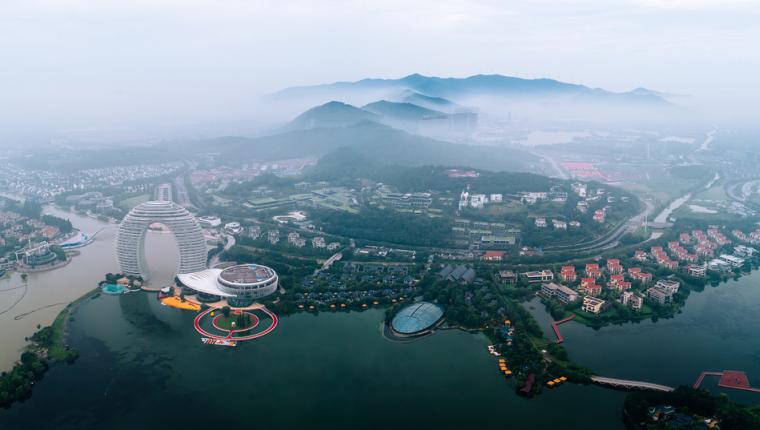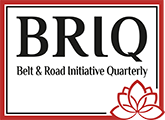
Gürcan, E. C. (2021). On the development of China’s environmental policies towards an ecological civilization. Belt & Road Initiative Quarterly, 2(3).7-25.

This work is licensed under a
Creative Commons Attribution 4.0 International License.
What environmental issues occupy China’s main development agenda? How does China address these crucial issues? In what direction are China’s environmental policies evolving? The present article uses process tracing to answer these questions and argue that China has already developed a firm understanding of its environmental problems and their severity to the extent that it now frames them as a “matter of survival” and has brought these issues to the centre of its revised national security strategy. China’s strategy is predicated on an alternative proposal for “ecological civilization”, which may potentially lead to the reversal of “ecological imperialism”. China is in the early stages of building an ecological civilization and requires a lot of work to reach a high level of ecological development. China’s key achievements on the path towards ecological civilization involve a series of three unfolding and mutually conditioning revolutionary processes that also lead the way in international environmental cooperation, as embodied in China’s role in ASEAN, the Asian Infrastructure Investment Bank, and the Green Silk Road. They include a clean energy revolution, a sustainable agricultural revolution, and a green urban revolution. China has already become a global leader in green finance. It leads the eco-city movement, with over 43% of the world’s eco-cities being Chinese, and is the second leader in sustainable architecture, next to Canada. Many Chinese cities have dropped down or out of the list of the most polluted cities, leaving India and Pakistan at the top. China’s cities have also joined the ranks of those with the strongest sewage treatment capacity in the world. In addition, China has the most electric vehicles, bikes, and efficient public transportation. China is considered to be not only the world’s centre of electric bus production and consumption but also as having cities with the world’s longest subway systems. From 2013 onwards, the share of coal in China’s total energy consumption has seen a noticeable decline, accompanied by the increasing share of renewable resources in total energy consumption as a result of conscious efforts at a clean energy revolution. Key to this revolution in the making is China’s strong reputation as the world’s top investor in clean energy. As such, it has succeeded in creating the world’s largest wind, solar, and hydroelectric systems for power generation. Finally, concerning China’s unfolding revolution in sustainable agriculture, one should acknowledge, not only its adoption of green food standards and the expansion of its agricultural area under certified organic farming but especially the fact that, as a world leader in green agriculture, it now ranks third in the list of countries with the largest agricultural area under organic farming.
Keywords: Eco-cities; eco-farming; ecological civilization; energy revolution; green finance
